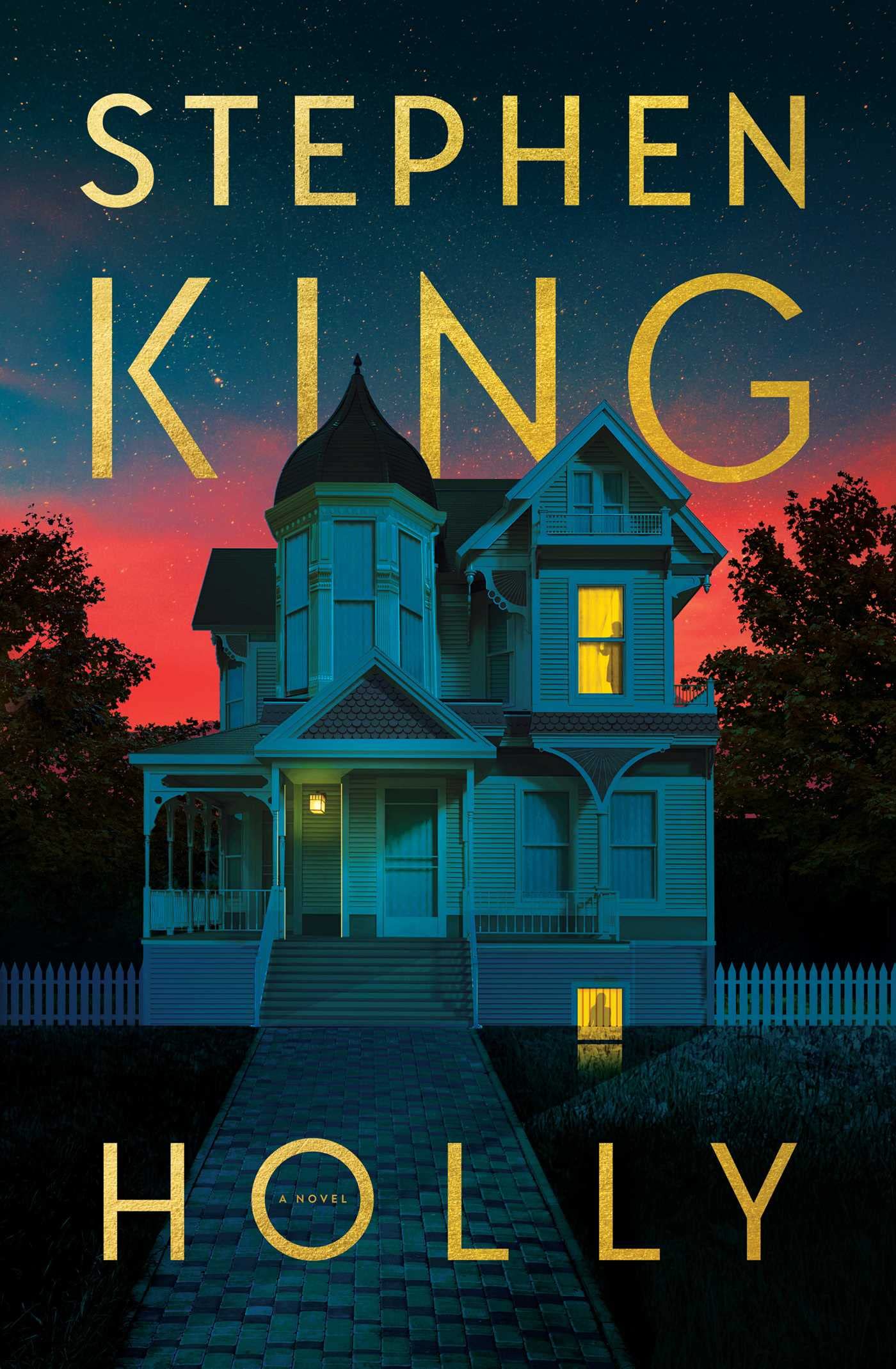Chapter 9: Roddy and Em Harris’ Secret Ritual
byRoddy, once a robust man full of vigor, now struggles with arthritis that stiffens his joints, the cold winter air amplifying his pain. Em, his wife and equal in both intellect and determination, remains mostly confined to her wheelchair, a prisoner of unrelenting sciatica. Their ailments have dictated a quieter existence, stripping away the once lively nature of their home. Yet, despite their physical suffering, there is an air of patience about them, an expectation—almost a certainty—that their conditions will soon improve, though not through conventional means.
Dinner remains one of the few rituals they hold onto, offering a fleeting sense of normalcy in an otherwise isolated life. They choose to eat in the kitchen rather than the grand dining room, which has become little more than a relic of past social engagements, its polished table long untouched by guests. Roddy prepares the meal with steady hands, despite the discomfort in his knuckles, and the aroma of his cooking stirs Em’s appetite just enough to overcome her usual disinterest in food. Their plates are set with fine Wedgwood china, a stark contrast to their casual surroundings, a reminder of the life they once led when health and energy were abundant.
Their conversation, as always, turns to the past—old friends, festive gatherings, and the memories of a time when their home was alive with music and laughter. The nostalgia is bittersweet, punctuated by the understanding that many of those they once celebrated with are now gone, either lost to distance, age, or circumstances better left unspoken. Despite this, they find comfort in each other, their shared history forming a bond stronger than any physical ailment could erode. In the glow of the dim kitchen light, they share a knowing glance, a silent acknowledgment of what lies beneath their quiet resilience.
As the night deepens and the flickering glow of holiday lights from neighboring houses dances across their windowpanes, something remarkable happens. Em shifts in her wheelchair and realizes, with a mixture of surprise and satisfaction, that her pain has lessened. The searing tension in her lower back has dulled, allowing her a rare sense of relief. Roddy, too, notices a difference—his joints feel more fluid, the usual stiffness retreating as if granting him a temporary reprieve.
They exchange a brief look, neither one voicing the thought that lingers between them. They have experienced this before—a gradual resurgence of energy, a slow return of mobility, all following the same familiar pattern. It is no coincidence, nor is it a miracle of modern medicine. Beneath the layers of normalcy that surround them, there exists an unspoken truth, a practice that has sustained them far beyond what nature would otherwise allow.
The Christmas season, with all its emphasis on renewal and togetherness, has come to mean something different for the Harris household. For them, it is not about gifts or carols or festive decorations, but rather about necessity, about maintaining what they have clung to for so long. As they finish their meal and clear the dishes, they do so with the quiet certainty that they have bought themselves more time—time that will stretch just long enough until the next ritual, the next cycle, the next carefully chosen remedy.
The neighborhood sleeps, wrapped in the glow of holiday cheer, unaware of the shadows that lurk behind the walls of 93 Ridge Road. Beneath the layers of age and frailty, Roddy and Em are not merely surviving—they are prolonging, sustaining, manipulating time itself through means too dark to acknowledge outright. And as they retreat into the warmth of their home, away from prying eyes and curious minds, they do so with the quiet satisfaction that their methods, however unconventional, have once again served their purpose.


